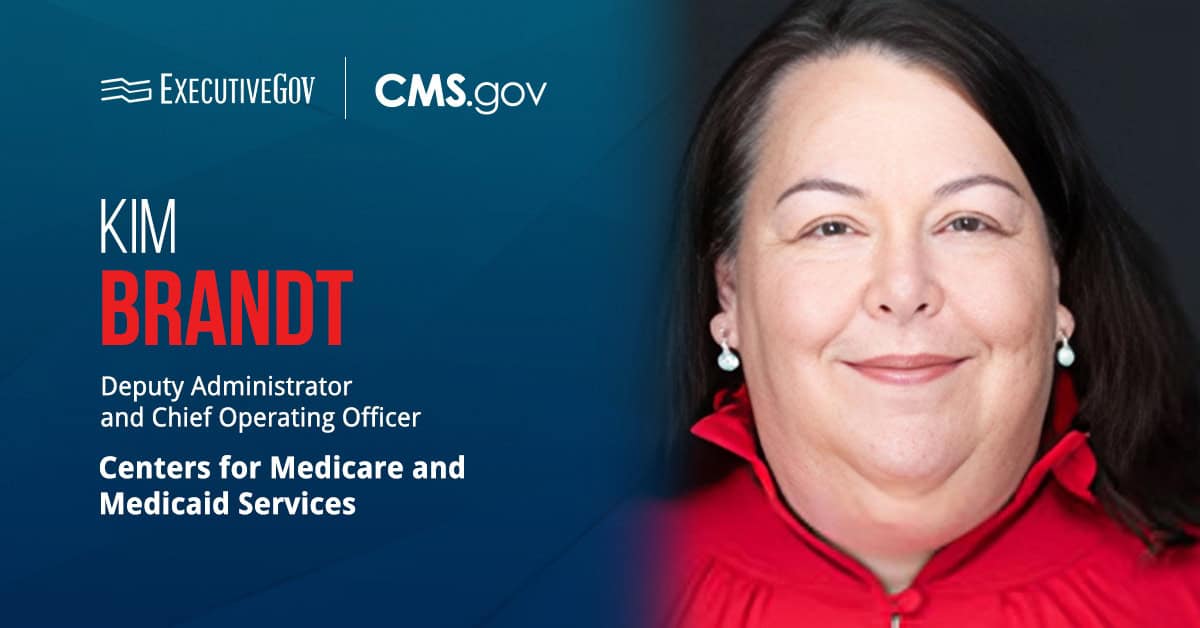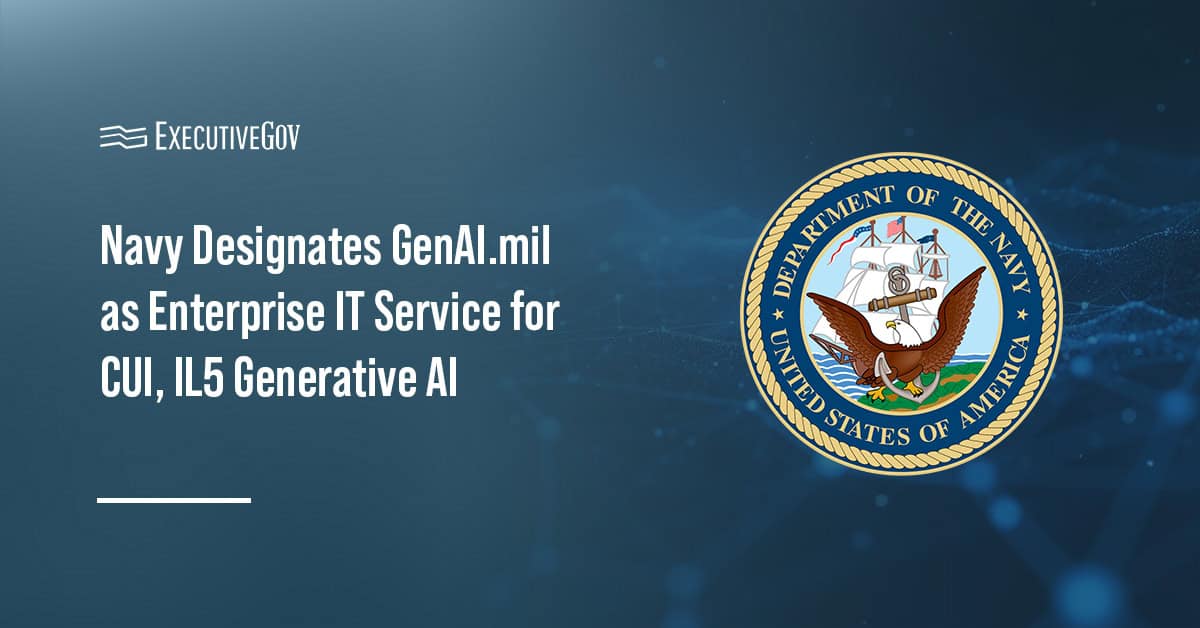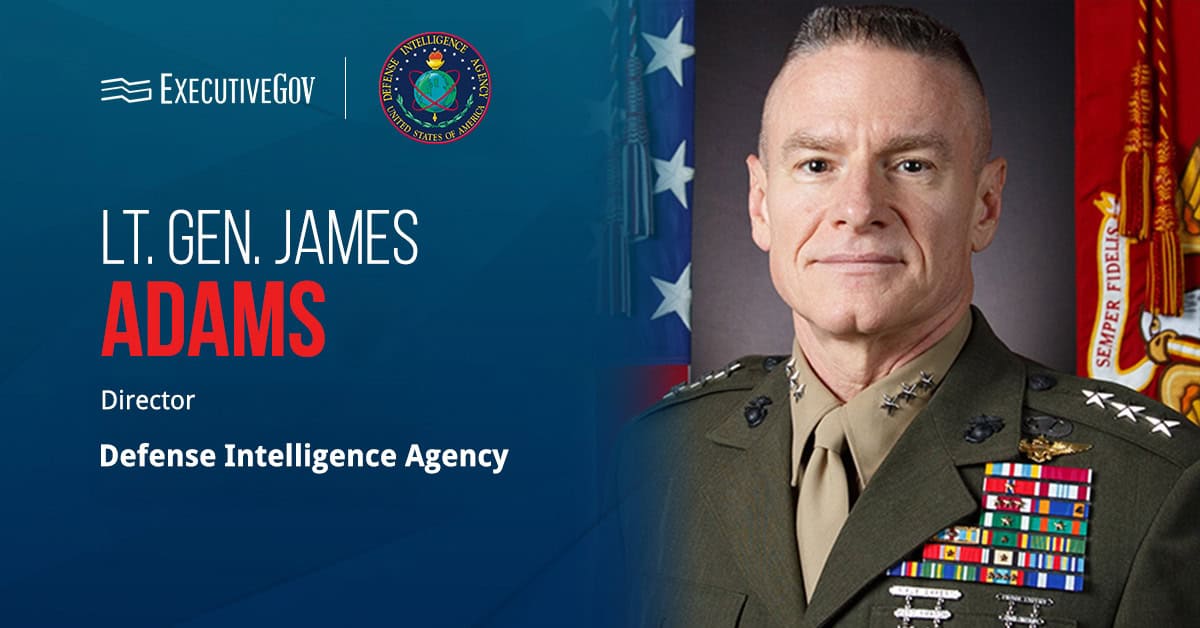
The Internal Revenue Service and partners from the Security Summit are asking tax professionals to rigorously review security measures used for protecting taxpayer data and related computers. The summit established a five-part checklist to help tax professionals analyze data security and ensure appropriate measures for protection, IRS said Tuesday.
The checklist begins with six steps and measures: anti-virus software, firewalls, two-factor authentication, backup software and services, drive encryption and virtual private network use. IRS also advises tax professionals to review insurance policies and work with cybersecurity experts to protect client data.
“The important thing to remember is that every tax professional, whether a sole practitioner or a partner in a large firm, is a potential target for cybercriminals,” said Chuck Rettig, IRS commissioner.





